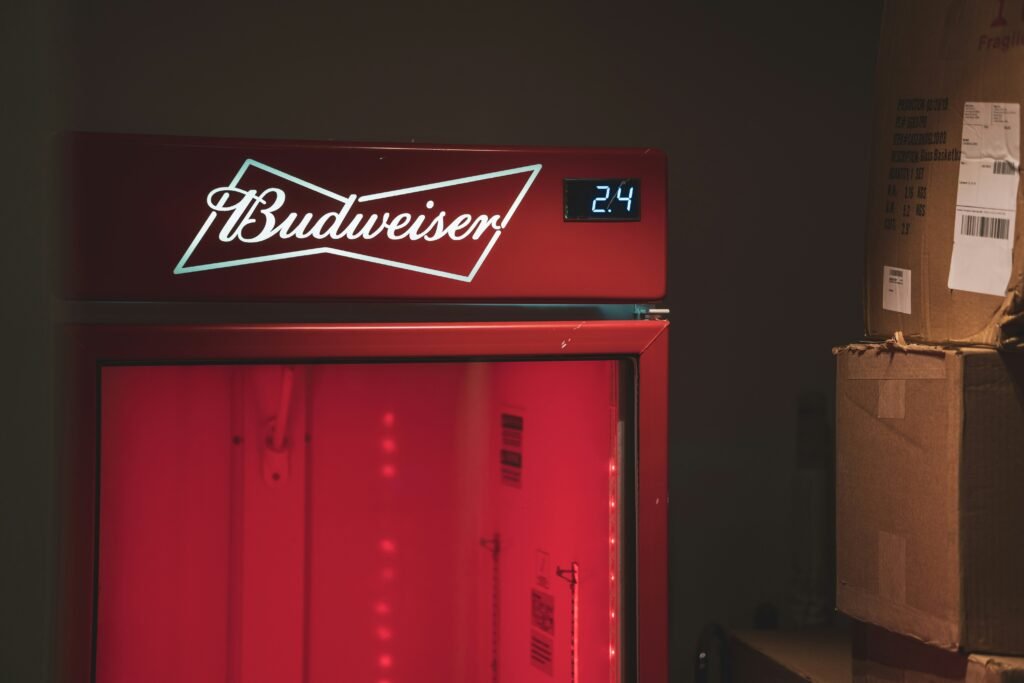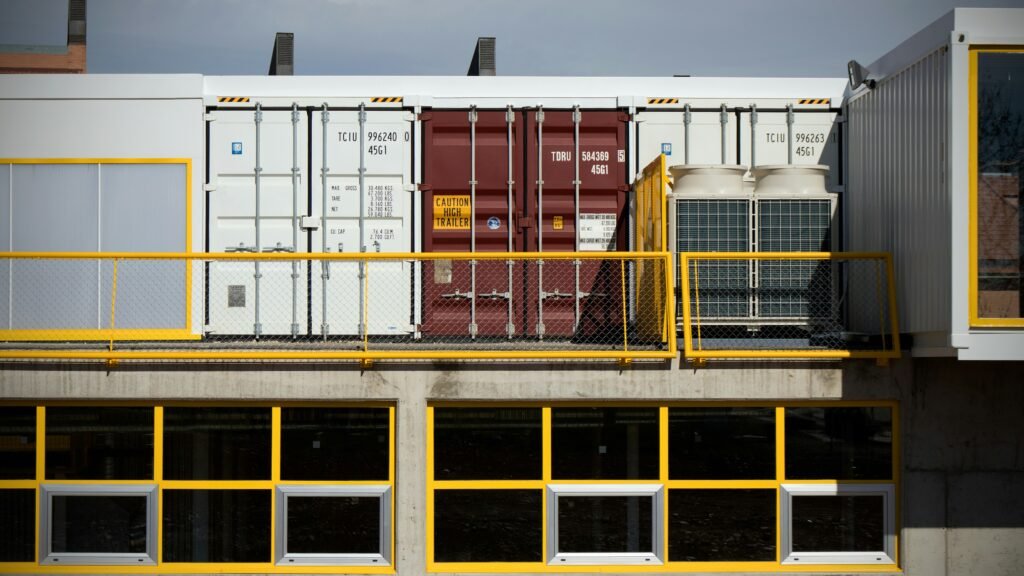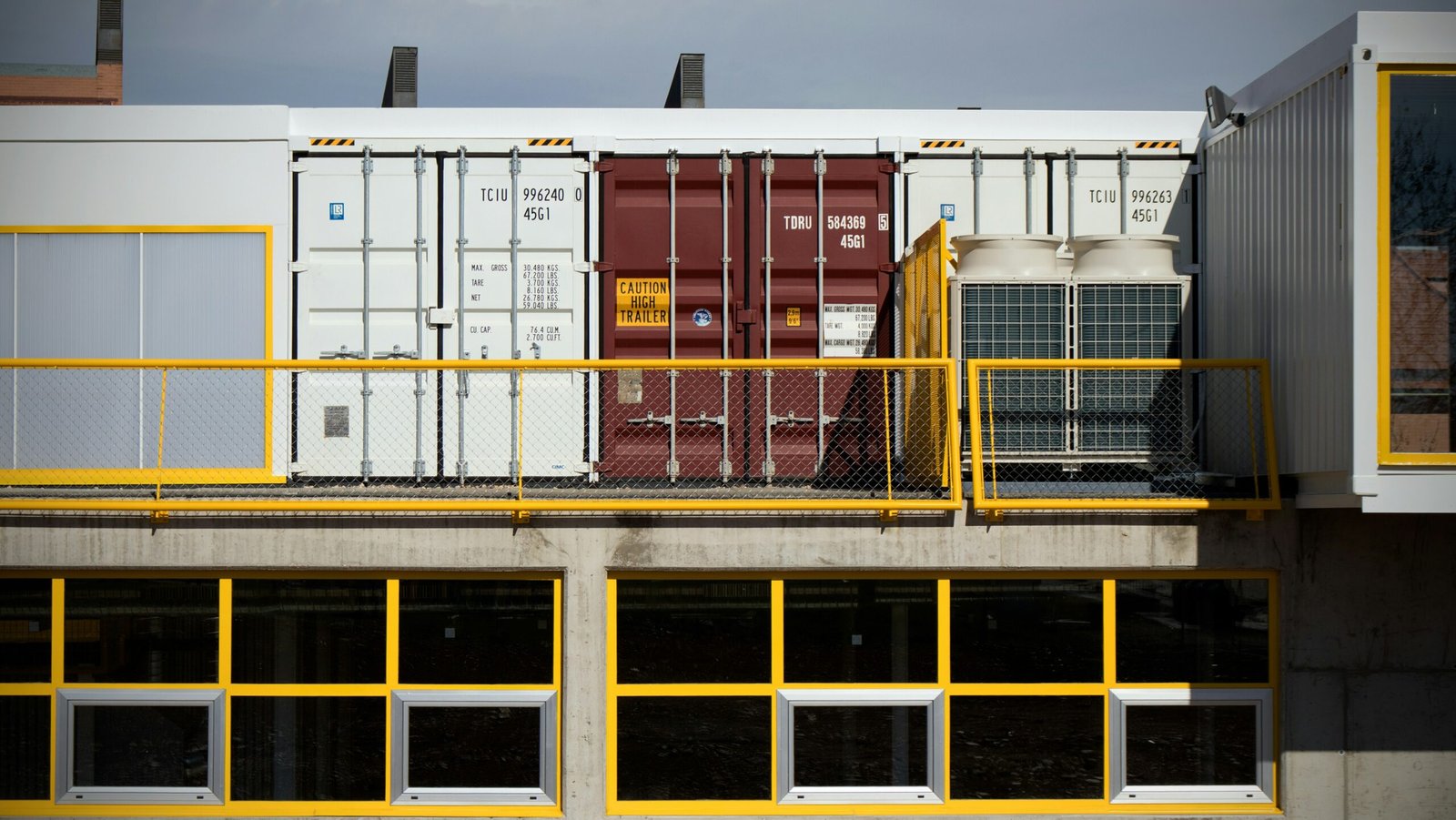Are you in the market for a new laptop but unsure whether to go for a solid-state drive (SSD) or a hard disk drive (HDD)? It’s a common dilemma faced by many consumers, but fear not! In this article, we will explore the pros and cons of SSDs and HDDs, helping you make the right choice for your laptop. So grab a cup of coffee, sit back, and let’s dive into the world of storage drives!
Performance
When it comes to performance, the speed of your laptop is of utmost importance. It can greatly impact your overall experience and productivity. Let’s explore the different aspects of performance that you should consider when deciding between an SSD and an HDD for your laptop.
Speed
One of the most significant differences between an SSD (Solid State Drive) and an HDD (Hard Disk Drive) is the speed at which they operate. SSDs are much faster than HDDs due to their lack of moving parts. With an SSD, your laptop will boot up in a matter of seconds, and you’ll be able to launch your applications and access your files without any noticeable delays.
On the other hand, HDDs work by using rotating platters and mechanical arms to read and write data. This mechanical process inherently slows down the speed at which the data can be accessed. As a result, your laptop might take longer to boot up, and you might experience slight delays when opening large files or running resource-intensive applications.
Boot-up Time
Do you ever find yourself impatiently waiting for your laptop to start up? With an SSD, you won’t have to worry about that anymore. The absence of mechanical parts in SSDs allows them to boot up significantly faster than HDDs. Within a few seconds, you’ll be greeted with your desktop, ready to start your day. On the other hand, HDDs take a bit more time to get up and running, making you wait a little longer before you can dive into your work or play.
File Transfer Speed
Whether you’re moving files between folders or transferring large multimedia files, you want the process to be as quick and seamless as possible. SSDs excel in this aspect, offering blazing-fast file transfer speeds. Copying files from one location to another will be a breeze, allowing you to spend more time working on what matters to you.
HDDs, though relatively slower, can still handle regular file transfers. However, when dealing with large amounts of data, you might experience noticeable delays. For tasks that involve frequent file transfers or require quick access to large files, an SSD would offer a significant advantage over an HDD.
Storage Capacity
The amount of storage your laptop has is essential, as it determines how many files, documents, and applications you can have stored at any given time. When considering storage capacity, you must assess the benefits and limitations of SSDs and HDDs.
SSD
SSDs typically offer lower storage capacities compared to HDDs. However, their popularity has led to advancements in technology, and higher-capacity SSDs are now available. Depending on the model and price range, you can find SSDs with storage capacities ranging from 128GB to 4TB or more. If you primarily work with smaller files, such as documents, pictures, or videos, an SSD with a modest storage capacity may be sufficient for your needs.
HDD
HDDs, on the other hand, have always been known for their generous storage capacities. They are available in various sizes, ranging from 500GB to a whopping 16TB or more. If you deal with large files, such as high-resolution photos or videos, or if you have extensive media libraries, an HDD with ample storage space might be the better choice for you.

This image is property of images.unsplash.com.
Durability
The durability of your laptop’s storage is critical, especially if you’re constantly on the move or in an environment where accidental drops or vibrations are likely to occur. Let’s look at how SSDs and HDDs fare in terms of durability.
Mechanical Parts
The construction of both SSDs and HDDs differs significantly, particularly when it comes to the presence of mechanical parts. SSDs are built using solid-state technology, meaning they don’t contain any moving parts. This makes them inherently more durable since there are no delicate components that can be easily damaged by bumps or drops.
Contrarily, HDDs rely on intricate mechanical parts, such as platters and read/write heads, for data access and storage. Although they are engineered to withstand a reasonable amount of shock and vibration, they may still be more susceptible to damage if mishandled or dropped.
Shock Resistance
If you’re a frequent traveler or often find yourself on the move, the shock resistance of your laptop’s storage becomes crucial. SSDs are highly resilient to shocks and sudden impacts. With no moving parts, they can handle accidental drops or bumps without the risk of data loss or damage.
HDDs, being mechanical in nature, have a greater vulnerability to shocks. A drop or impact can cause the read/write heads to collide with the platters, resulting in data loss or even permanent damage. If you foresee exposing your laptop to potential shocks, an SSD would be a safer choice.
Vibration Resistance
Aside from shocks, constant vibrations can also impact the durability of your laptop’s storage. SSDs, once again, have the upper hand in this area. The lack of moving parts allows them to withstand vibrations more effectively, ensuring that your data remains secure even in environments where vibrations are frequent, such as when using your laptop on public transportation or in a bustling coffee shop.
HDDs, due to their mechanical design, are more sensitive to vibrations. Prolonged exposure to constant vibrations can lead to errors, data corruption, or even hardware failure. If you anticipate being in situations where vibrations might be an issue, opting for an SSD would be a sensible decision.
Power Consumption
The power consumption of your laptop’s storage can have a significant impact on the battery life. Lower power consumption means your laptop can run longer without needing to be plugged in. Here’s how SSDs and HDDs compare when it comes to power usage.
SSD
SSDs are known for their energy-efficient operation. The solid-state technology used in SSDs requires less power compared to the mechanical parts of an HDD. Consequently, your laptop’s battery will last longer when using an SSD as the primary storage solution. This is particularly advantageous if you frequently find yourself working on the go or in situations where a power outlet is not readily available.
HDD
HDDs inherently consume more power due to their mechanical nature. The constant spinning of the platters and the movement of the read/write heads require a significant amount of energy. While this might not be a concern if you have a reliable power source nearby, it can noticeably impact the battery life of your laptop. If you prioritize a longer battery life, especially when away from a power outlet, opting for an SSD is the way to go.

This image is property of images.unsplash.com.
Noise and Heat
The noise and heat generated by your laptop’s storage can affect your overall user experience, especially if you prefer working in a quiet environment or need to use your laptop on your lap for extended periods. Let’s examine how SSDs and HDDs handle noise and heat.
SSD
One of the perks of using an SSD is its silent operation. Since there are no moving parts involved, SSDs generate minimal to no noise at all. This allows you to work or enjoy multimedia content without distractions caused by the humming or spinning sounds typical of HDDs.
Additionally, SSDs produce significantly less heat compared to HDDs. With no motors or spinning platters generating friction, the operating temperature remains relatively low. This not only contributes to a quieter computing experience but also helps keep your laptop cooler, preventing potential performance degradation or heat-related issues.
HDD
HDDs, due to their mechanical components, are inherently noisier. The spinning platters and the movement of the read/write heads create audible sounds that can be noticeable, particularly during disk-intensive activities. This might be a minor inconvenience if you prefer a quiet working environment or frequently find yourself in noise-sensitive locations.
Furthermore, HDDs tend to generate more heat than SSDs. The mechanical parts and the friction involved in their operation contribute to a higher operating temperature. This can result in your laptop feeling warm or even hot to the touch, especially during prolonged disk usage. If you’re concerned about excess heat or noise, you might lean towards an SSD for a more pleasant and comfortable experience.
Price
Price is often a significant factor when it comes to making a purchasing decision. While SSDs and HDDs perform the same basic function of storing your data, there is a noticeable difference in their cost. Let’s explore the price considerations when choosing between an SSD and an HDD.
SSD
SSDs are generally more expensive than HDDs, primarily due to their advanced technology and superior performance. The cost per gigabyte (GB) of storage is higher for SSDs. However, with advancements in technology and increasing market demand, SSD prices have become more affordable over the years.
While SSDs might require a larger upfront investment, they offer excellent value for the performance and durability they provide. If your budget allows for the extra expenditure, an SSD would be a wise investment for a faster and more reliable laptop experience.
HDD
One of the advantages of HDDs is their affordability. They have been around for much longer and are produced at a larger scale, allowing manufacturers to offer larger storage capacities at a lower cost. If you’re seeking a budget-friendly storage solution or require extensive storage capacity without breaking the bank, an HDD might be the more economical choice for you.

This image is property of images.unsplash.com.
Reliability
When it comes to reliability, you want a storage solution that you can depend on to keep your data safe and accessible. Both SSDs and HDDs have their strengths and weaknesses in this regard.
SSD
SSDs are well-regarded for their reliability. With no moving parts, there are fewer mechanical components that can fail. This makes SSDs less prone to physical damage and wear and tear. Furthermore, SSD technology has improved significantly over the years, resulting in enhanced error-correction capabilities and a longer lifespan.
However, it’s worth noting that SSDs have a finite number of write cycles per memory cell. This means that over time, as you continuously write data to an SSD, the cells will wear out and become less reliable. Nonetheless, modern SSDs are designed to distribute writes evenly across the memory cells, mitigating this issue to a considerable extent.
HDD
HDDs have a long history of being reliable storage solutions. They have been tested and proven over time, and many users have trusted them with their valuable data for decades. While HDDs feature moving parts that present a higher risk of mechanical failure, reputable manufacturers build their drives with robust designs and implement various safeguards against data loss.
Despite their reputation for reliability, it’s essential to remember that mechanical parts can degrade over time, making HDDs more susceptible to damage. Regular backups of your data are always a good practice, regardless of the type of storage you choose.
Compatibility
Compatibility is an essential aspect to consider, especially if you plan to use your laptop with different devices or external storage options. Let’s evaluate the compatibility of SSDs and HDDs.
SSD
SSDs are compatible with most modern laptops and desktop computers. They use standard connectors, such as SATA (Serial ATA) or m.2, allowing for straightforward installation or replacement. Additionally, SSDs are backward compatible with older SATA interfaces, so you can also upgrade an older laptop with slower storage to an SSD without compatibility issues.
HDD
Similar to SSDs, HDDs are also compatible with most laptops and desktops. They use the same SATA connectors and have a standardized form factor. This means that you can easily swap out an older HDD with a new one without any compatibility concerns. It’s worth noting that some newer laptops, especially ultraportable models, are transitioning to m.2 SSDs, which might limit the compatibility with HDDs.
Data Recovery
Accidents and unexpected data loss can happen to anyone. Therefore, it’s crucial to consider the ease and feasibility of data recovery when choosing your laptop’s storage solution. Here’s how SSDs and HDDs differ in terms of data recovery.
SSD
Data recovery from an SSD can be more challenging compared to an HDD. Since the data is stored in flash memory cells, specialized tools and expertise are often required to retrieve the information. In some cases, data recovery from an SSD may not be possible at all, especially if the drive has suffered from physical damage.
To mitigate the risk of data loss, it’s recommended to regularly back up your important files and keep multiple copies on different storage devices or cloud services. Prevention is always better than cure when it comes to data recovery.
HDD
HDDs have been around for a long time, and there are well-established techniques and tools available for data recovery. In case of accidental file deletion, data corruption, or even a mechanical failure, professional data recovery services can often retrieve the lost data from an HDD.
However, it’s worth mentioning that not all data loss scenarios are recoverable, and the success of data recovery depends on various factors. To ensure the safety of your data, maintaining regular backups is crucial, regardless of whether you choose an SSD or an HDD.
Choosing the Right Option
With all the information presented, it’s time to consider how to choose the right storage option for your laptop. Several factors should guide your decision-making process.
Usage and Requirements
First and foremost, you should consider how you will be using your laptop. Do you primarily require fast boot-up times and seamless file transfers? If speed and performance are essential to your workflow or leisure activities, an SSD would be the ideal choice.
On the other hand, if your laptop usage revolves around storing large files, such as videos or extensive image libraries, and you are working within a specific budget, an HDD with its larger storage capacity and affordable price tag might be the better option for you.
Budget
Speaking of budget, it’s crucial to factor in your financial constraints when making a decision. SSDs generally cost more per gigabyte of storage compared to HDDs. However, SSD prices have become more accessible over time, and the price gap between the two options has significantly narrowed.
Evaluate your budget carefully and determine how much storage capacity you require. If your budget allows, investing in an SSD would provide a noticeable performance boost. However, if vast storage capacity is your main priority and you’re working within a limited budget, an HDD would be more cost-effective.
Future-proofing
When investing in a laptop, considering its future-proofing potential is essential. Consider how you foresee your storage needs evolving over time. If you expect your storage requirements to grow or if you’re planning on keeping your laptop for several years, an SSD might be a more future-proof choice.
SSDs offer not only superior performance but also enhanced durability and compatibility. With advancements in technology and decreasing prices, they are becoming the standard choice for laptops. By opting for an SSD, you can ensure that your laptop remains capable of handling the demands of future software updates and applications.
In conclusion, choosing between an SSD and an HDD for your laptop requires careful evaluation of your specific needs, preferences, and budget. SSDs offer blazing-fast speeds, quick boot-up times, and enhanced durability, making them ideal for users who prioritize performance. HDDs, on the other hand, excel in providing generous storage capacities at a more affordable price point, making them a suitable choice for those with extensive storage requirements on a budget.
Considering factors such as your laptop usage, budget, and future needs will guide you in making the right storage choice. So take your time, weigh your options, and select the storage solution that perfectly aligns with your requirements. Happy computing!
